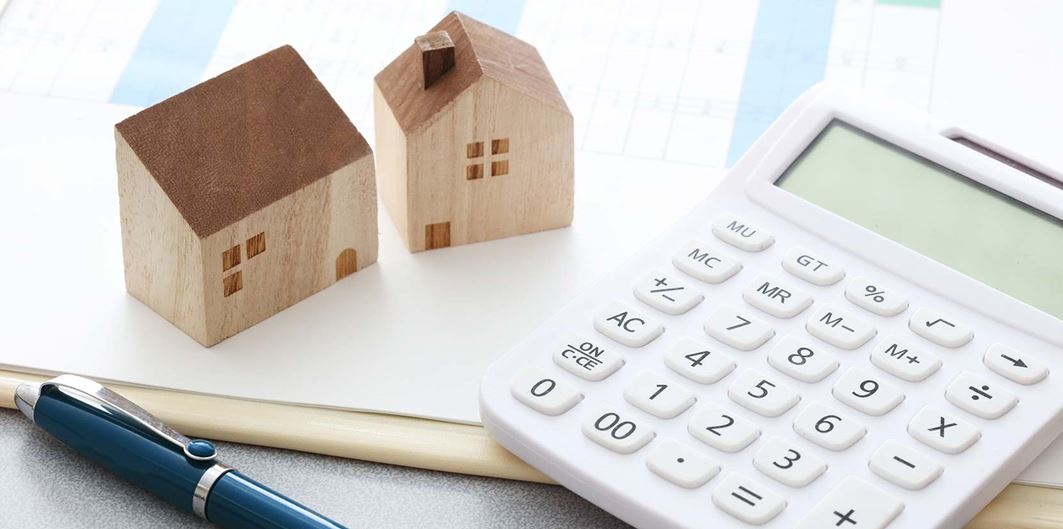All you need to know about asking for credit housing in Portugal
Information
All you need to know about asking for credit housing in Portugal

All you need to know about asking for credit housing in Portugal
Once you have chosen your new home in Portugal, you only have to find the ideal financing plan for you. In this article, written in partnership with the ComparaJá.pt real estate Credit comparison platform, we explain everything to ensure you get the best housing credit for your home in Portugal.
Types of housing loans
There are essentially three possible applications of housing loans in Portugal to buy home. Firstly, the credit for acquisition, which is the most commonly used to buy house in Portugal. Can be used to acquire permanent housing, home for vacation or for lease.
Secondly, credit for land acquisition. It is a special kind of credit that is used to buy land for the purpose of building houses in these. And lastly, the transfer of housing credit to another bank relates to a type of credit that is intended to transfer a current credit to another bank that offers better conditions.
Steps to request a housing credit
1. Simulate
First of all, keep in mind that only by simulating the various offers from the banks, you will be able to compare and understand which is best suited to your portfolio.
2. Assemble the required documentation
Once you have identified the institution in which you want to hire your credit, you will have to present certain documents to the bank to analyze your process. If you do not reside in Portugal and want to buy a house in Portugal, make sure that the following documents are updated and in order, because you will have to keep track of them at the time of requesting the housing credit:
- ID or citizen card;
- Tax declarations;
- Employment contract;
- Bank statements of all bank accounts;
- Photocopy of the last three expiration receipts;
- Credit report.
3. THE FINE
In the event of approval, a proposal will be made available to the financial institution accompanied by FINE (European Standard Information sheet) before the conclusion of the contract. It can consult all the characteristics of the credit agreement, as well as a table with the detailed financial plan of the loan, indicating all monthly installments until the end of the loan deadline.
4. Valuation of the property
The contracted banking institution will evaluate the property to be financed in order to ascertain its real value. It is based on this value that the bank will determine the percentage of funding it is willing to take.
5. Contract-Promise Purchase and Sale
Between the visit of the house and the signature of the deed, there is always the period of request and consequent approval of the housing loan by the bank, which can last for a few weeks.
Although not mandatory, the CPCV is a document signed between buyers and owners, which safeguards the rights and establishes the duties of both parties in the business until the signing of the definitive agreement: the public deed of purchase and sale.
Legally, with the signature of the CPCV, the buyer acquires the real right of acquisition over the property in question, regardless of who owns it to date. In essence, the CPCV is a guarantee to the stakeholders that the business will take place.
6. Writing the house
Being this the last step of acquiring a property, it is truly the moment when you acquire the home and happens to be considered its legal owner. The deed of purchase and sale of the dwelling can be carried out in the Notary Office, Land Registry Office and both the buyer and the seller are obliged to be present.
In the case of recourse to home loans by the buyer, it is precisely by concluding this agreement that the bank releases the amount necessary to pay the property to the seller.
Note that all writing costs are fully borne by the home buyer. The deed itself (the document itself) does not have a high cost, but adds a series of taxes that who will buy the house has to pay, in addition to the expenses associated with housing loans:
- Stamp duty on the transaction = 0.8%
- Stamp duty on credit (above 5 thousand euros) = 0.6%
- Write registration
- Payment of the IMT = Value of Deed or Tax Net Worth (the higher of these two) x Rate to be applied -
Thus ends the process of acquiring a house with recourse to Crédito Habitation. This is such an important decision in anyone's life that they will want to be as informed as possible in a timely manner.


